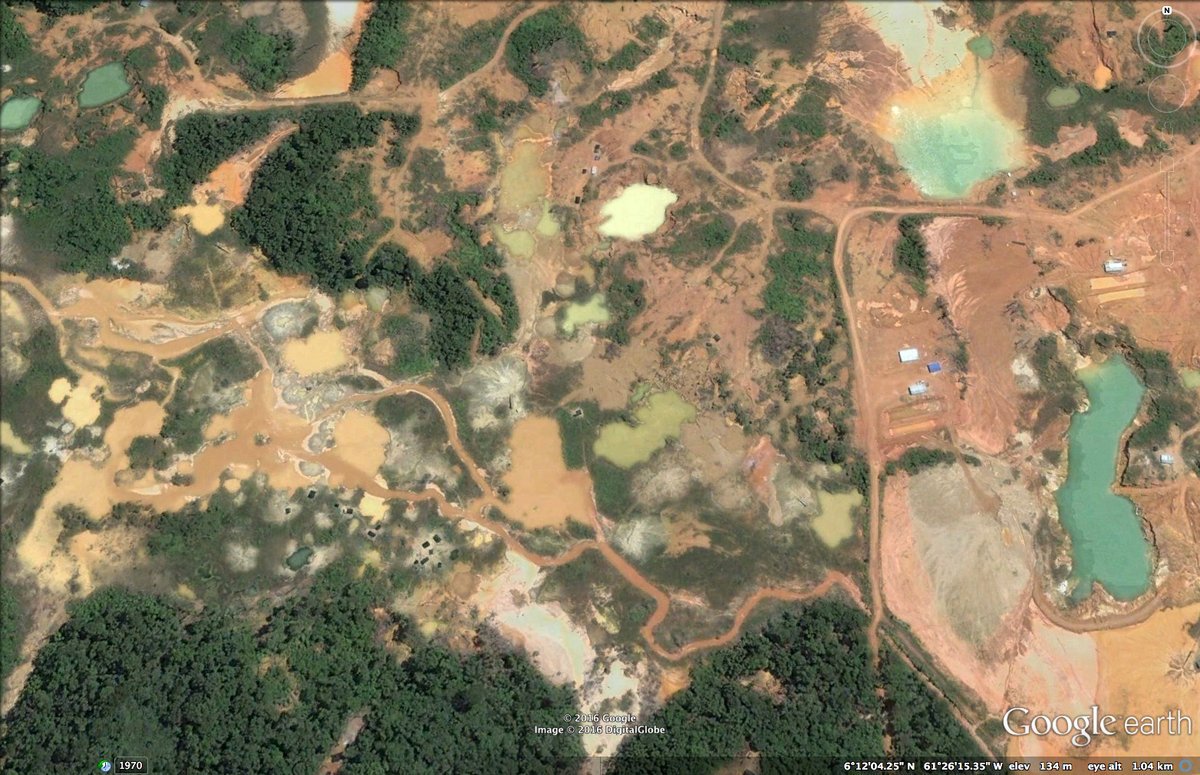One of the most effective measures to guarantee non-repetition is sanctioning those responsible for the violations
The government of Nicolás Maduro announced the beginning of a process to restructure the Bolivarian National Police. According to Decree 4,582 of April 13, 2021, published in Official Gazette No. 42,105 that same day, the period for this reform is six months, with a possible extension of six more if needed.
The members of the Police Restructuring Commission were appointed through Resolution 067 of April 20, published in Official Gazette No. 42.109. We will analyze the composition of the Commission’s board of directors to have a first look into what to expect as a result of this process.
The president of the Commission is the retired Admiral and Interior Minister Carmen Meléndez Rivas. As her rank indicates, she has a solid military background.
The General Coordinator is Deputy Minister General José Gregorio Rojas Eugenio, another member of the military. The Director-General is Division General Ender José Palencia, Vice Minister of Security, also with military training.
Appointing active or retired military officers for the responsibility of conducting the so-called restructuring of the police is unconstitutional. Article 332 of the Constitution establishes that public security bodies are civil in nature. This orientation was clearly established in the objective of demilitarizing the police both in their ranks and in their philosophy and form of organization. Article 9 of the Decree-Law on the Reform of the Statute of the Police Function reaffirms the professional and civil nature of the police.
The Decree expressed the intetion to resume the original doctrinal project from which the Bolivarian National Police body was formed. Nothing is further from that project than a military philosophy. Back in 2006, the National Police Reform Commission (Conarepol) harshly questioned the militarization of the police and considered that a new police model should permanently reinforce their civilian character.
The 2006 Commission affirmed that the authoritarian and anti-popular ideologies of the dominant elites gave rise to a heavily militarized police force, conceived as a war force aimed at controlling, containing, and neutralizing internal enemies (the poor, political dissidents). It also indicated that one of the most obvious expressions of this military leaning is the presence of active or retired officers of the Armed Forces in command positions. The Commission described in the past the situation we have today and became one of the most evident proofs of the failure of that reform.
If the original project wants to be resumed, the first thing to do is demilitarizing the reform process. However, the decree confirms the ratification of the current deviation inside the National Police and its military officers in the main chain of command.
We must emphasize that the restructuring is being carried out by a government accused of crimes against humanity, which has shown no signs of wanting to rectify, comply with the recommendations of international human rights organizations, and advance in the investigation and sanction of those accountable for such crimes.
Although the restructuring is being showcased as a process of rectification, we have already seen it is faulty since its origin.
To be a significant reform rather than shallow changes, the restructuring process must begin by bringing to justice those presumed responsible for the thousands of executions carried out by the national police, mainly through its elite group, the Special Actions Forces (FAES). The Bolivarian National Police was responsible for 672 of the 2,853 people killed by the police and the military in 2020, according to a joint investigation by Provea and the Gumilla Center.
If ending the practice of serious human rights violations is not established as one of the fundamental purposes, little good can be expected from such restructuring. A name change can be made and some officials may be removed, but the population will continue to suffer from police violence.
One of the most effective measures to guarantee non-repetition is sanctioning those responsible for the violations. Let them be exemplary sanctions so that police officers understand that acting contrary to the Constitution has serious consequences.
On the other hand, this restructuring must take place in transparency. The plan must be publicly available to let any person oversee the process and monitor its progress. The appointment in the Commission of two spokesmen of the so-called People’s Power linked to the ruling party cannot be considered to have a function of oversight. It is positive that some civilians are part of the Commission, but this cannot be assumed as a guarantee of citizen control.
There are enough reasons to consider that nothing substantial and different can be expected from this reform. Guaranteeing efficient action against crime with full respect for human rights and regaining the trust of the population will hardly happen. As long as the military philosophy prevails in the composition of the police and public security actions, the human rights of the population will be at risk.
Translated by José Rafael Medina




